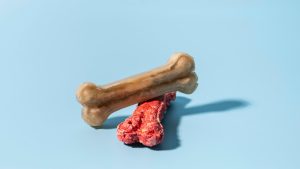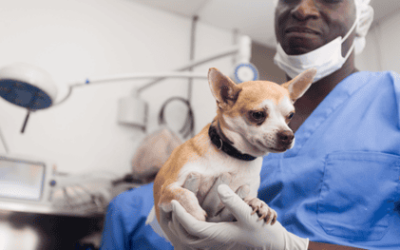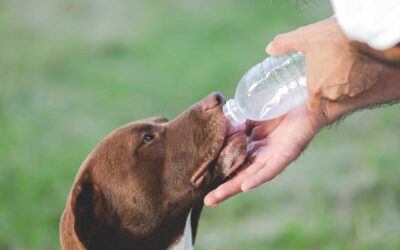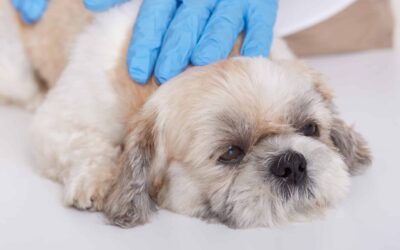Are bones good for dogs?
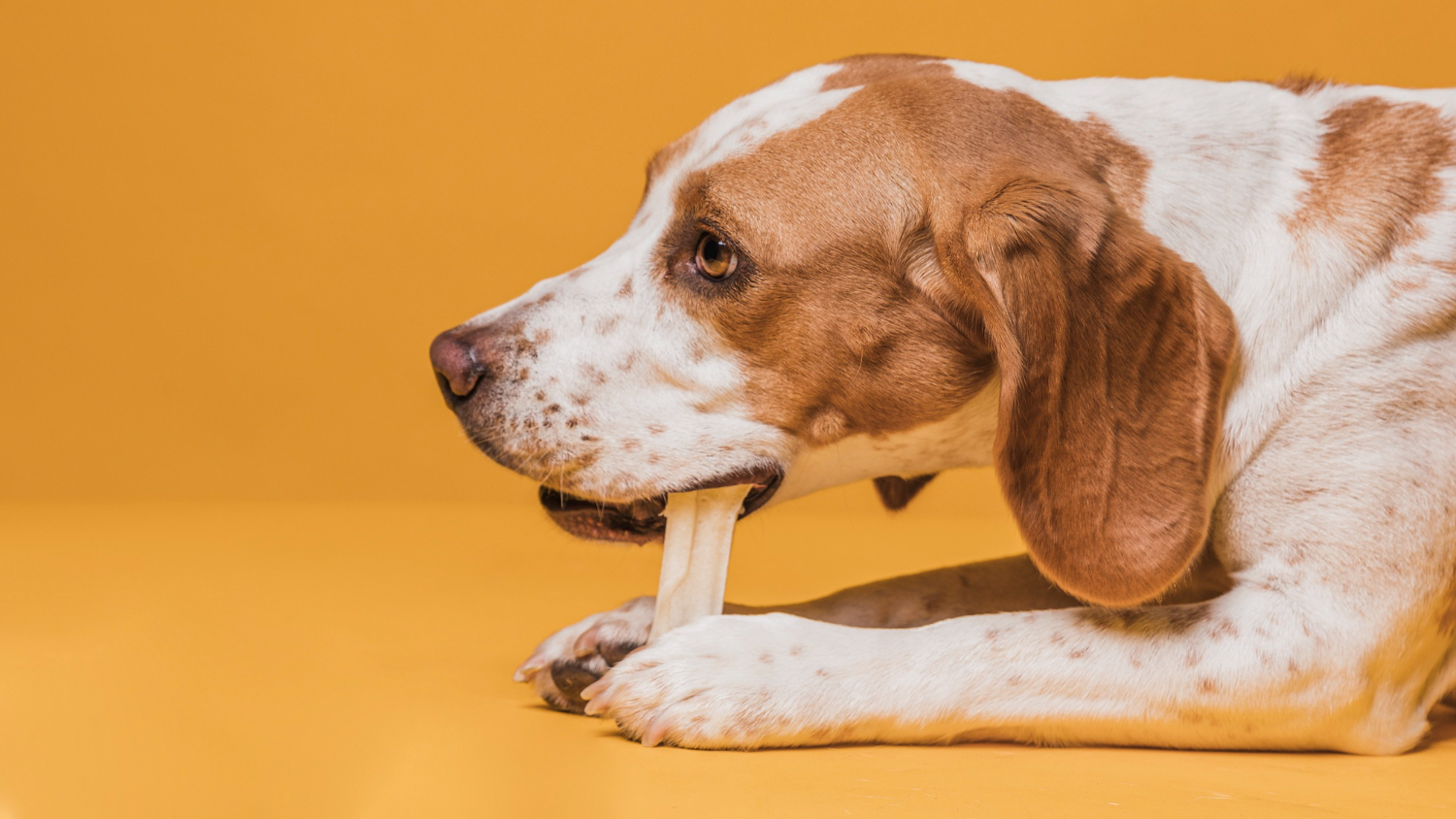
Chewing is a natural behavior for dogs. It relieves stress, exercises their jaws, and cleans their teeth. However, the suitability of bones as a chewing option has been controversial. Some say bones are nutritious and good for teeth. Others warn they can choke pets, block intestines, or break teeth.
In this article, you will learn if bones are safe for your dog and explore the benefits, risks, and alternatives.
Understanding the benefits of chewing for dogs
Chewing is an instinctive behavior that serves various purposes for dogs. Here are some key benefits of chewing for dogs:
- Mental Stimulation: Chewing keeps dogs from getting bored and destructive. It’s a fun, engaging activity that lets them use their energy positively, boosting their well-being and preventing behavior problems.
- Dental Health: Providing appropriate objects for your dog to chew can help remove plaque and tartar buildup from their teeth. This can improve dental hygiene, freshen breath, and reduce the risk of gum disease and other dental issues.
- Stress Relief: The act of chewing is a natural stress-relieving mechanism for dogs. It releases endorphins and natural mood boosters. They help dogs with anxiety, frustration, or boredom.
- Exercise for Jaw Muscles: When dogs chew, they work their jaw muscles, which helps breeds with strong jaws or dental issues.
The potential risks and dangers of giving bones to dogs
Despite the benefits of giving dogs bones to chew, it’s important to understand the potential risks to decide whether bones are suitable for your furry companion.
- Choking Hazards: Bones can splinter or break into sharp shards. These can get lodged in a dog’s throat or gut, causing choking or internal injuries.
- Intestinal Obstructions: Swallowed large bone pieces can block a dog’s intestines. This may need surgery and can be fatal if untreated.
- Broken Teeth: Chewing on hard, weight-bearing bones from large animals can crack or break teeth, which can cause pain and dental problems.
- Bacterial Contamination: Raw bones may harbor harmful bacteria, like Salmonella and E. coli. They can cause food poisoning in dogs and humans.
- Digestive Upset: Some dogs may vomit or have diarrhea after eating bones, especially if they are not used to them or if they eat too much.
- Constipation: Bone fragments can build up in a dog’s gut, causing constipation or impaction, which can be painful and may require a vet’s attention.
The potential risks and dangers of giving bones to dogs emphasize the need to be prepared for any unexpected health problems.
Identifying safe and appropriate bones for dogs
If you decide to provide your dog with bones for chewing, choose safe and appropriate options to minimize the risks. Here are some guidelines for selecting suitable bones:
Bone Type:
- Opt for softer, more pliable bones, such as raw chicken or turkey bones, which are less likely to splinter.
- Avoid weight-bearing bones from larger animals, like beef or bison, as they are harder and more prone to splintering.
- Consider edible bones, such as bully sticks or dehydrated chews, which are designed for safe consumption.
Bone Size:
- Choose bones that are larger than your dog’s mouth to prevent accidental swallowing.
- Avoid small or narrow bones that could become lodged in your dog’s throat or digestive tract.
Bone Preparation:
- Never give cooked bones to your dog, as they become brittle and can splinter easily.
- If using raw bones, ensure they are fresh and properly handled to prevent bacterial contamination.
Supervision:
- Always supervise your dog while they chew bones. Watch for signs of distress and ensure they aren’t swallowing large pieces.
- Remove the bone once it becomes small enough to be swallowed or if it starts to splinter.
Moderation:
- Limit bone chewing to prevent overconsumption and digestive issues.
- Consult your vet for advice on portion sizes and feeding times. They depend on your dog’s size, age, and health.

